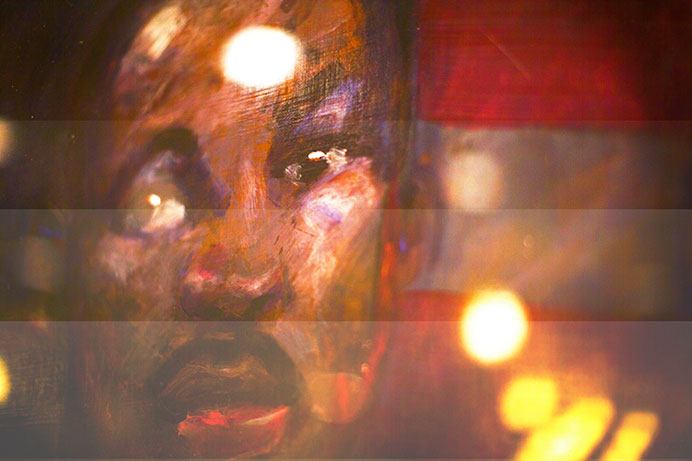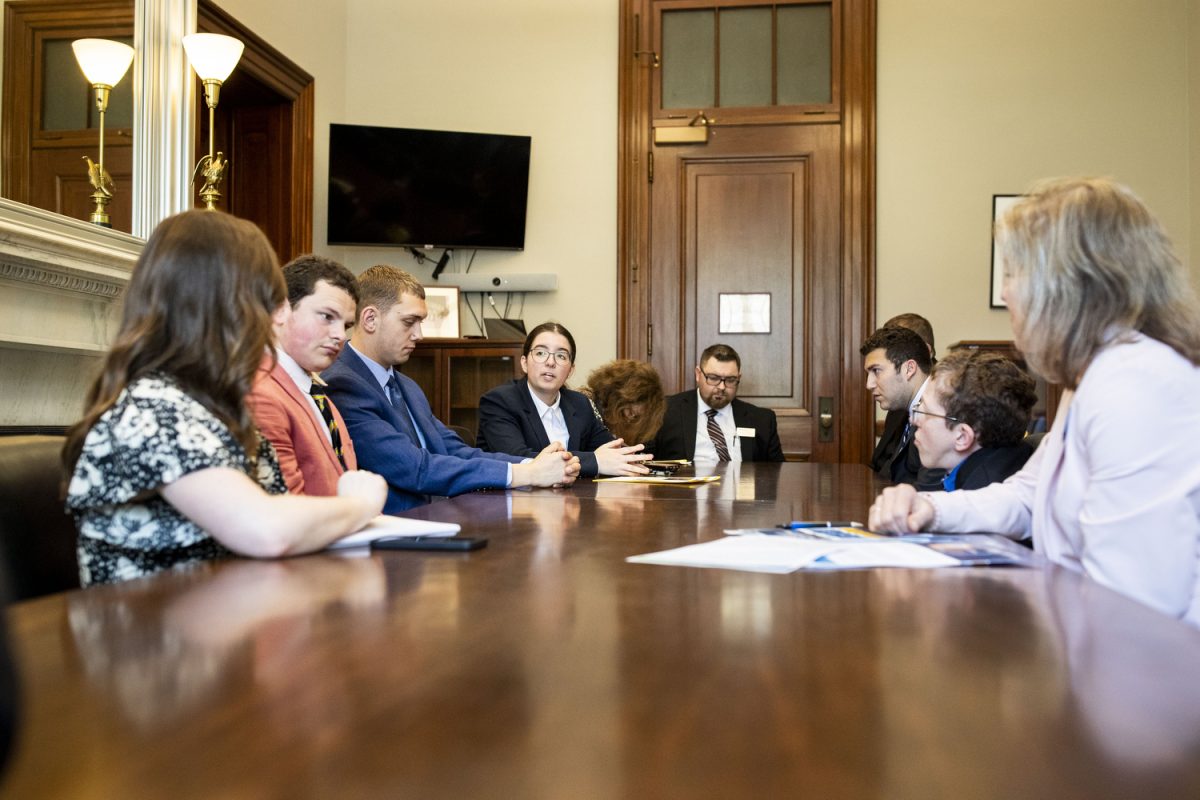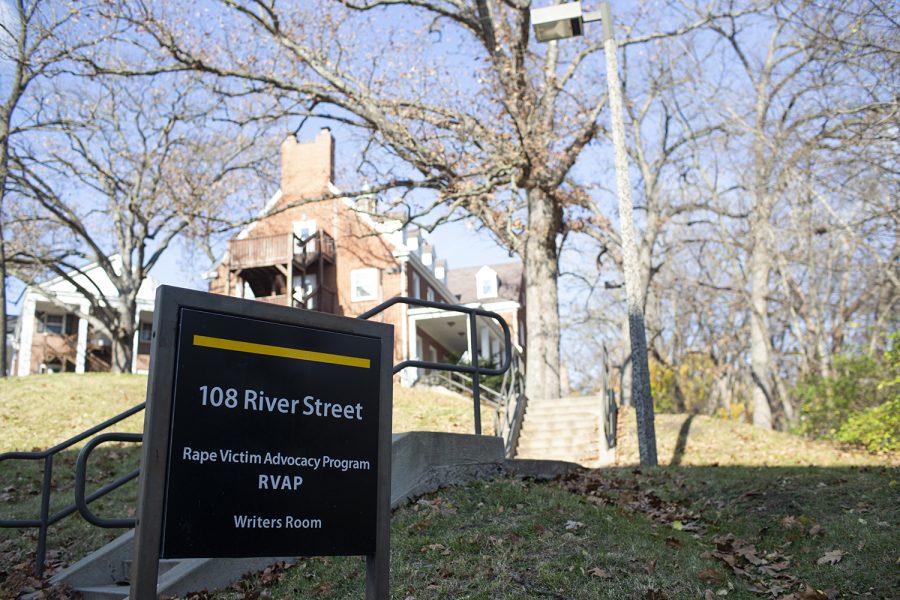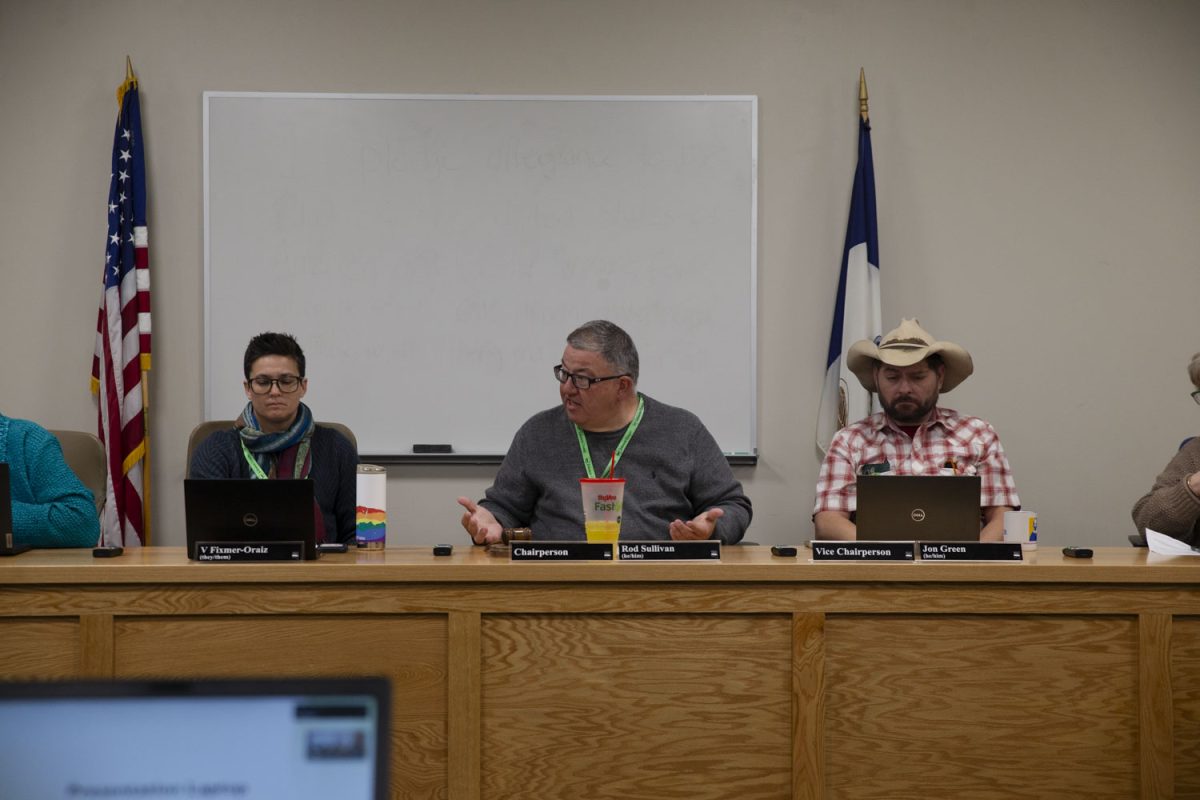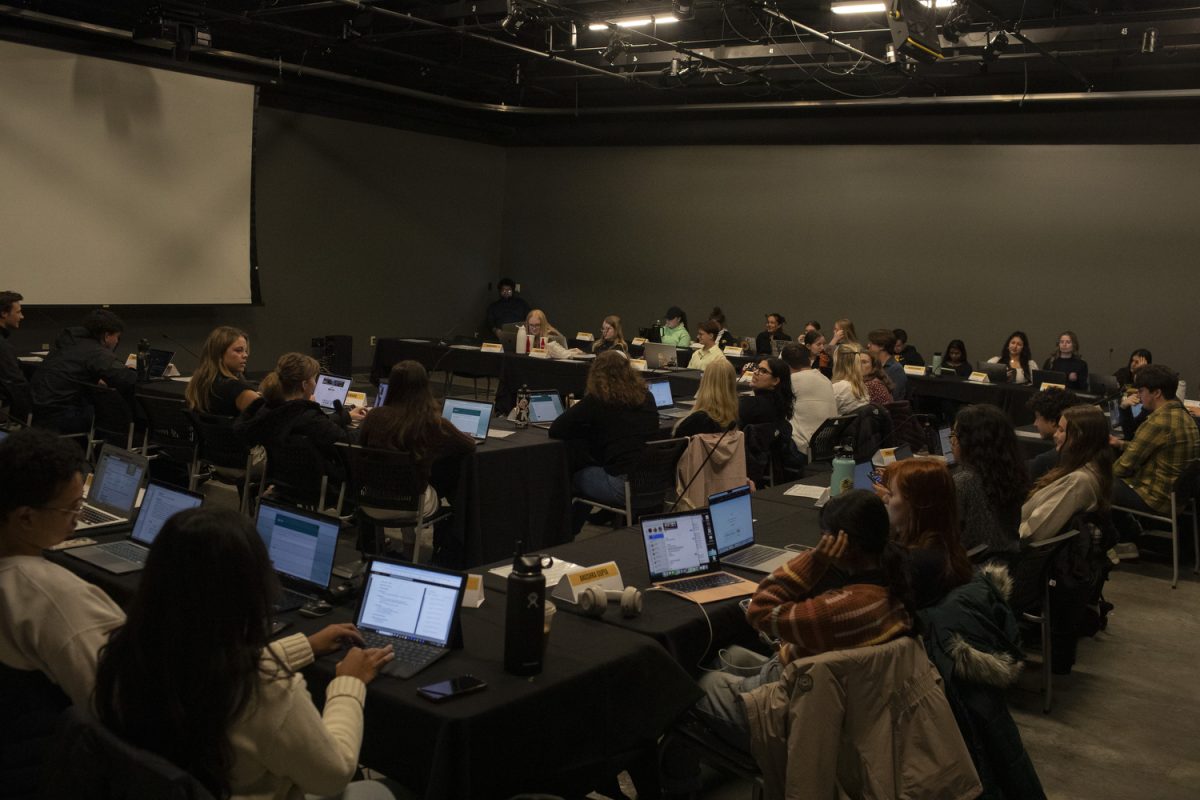Political leaders, churchmen, and persons of all walks of life who have been involved in the civil-rights struggle expressed alarm, shock, and regrets in Iowa City and throughout the state Thursday night upon hearing of the assassination of the Rev. Marlin Luther King Jr.
In Iowa City, a [black] minister, the Rev. Fred Penny, summed up his reaction.
“I don’t really have a statement,” he said. “It just seems to be the American way of doing things. King was lucky, though. He lived longer than any of us thought he would.”
And in Des Moines, word of King’s death reached Gov. Harold Hughes as he conferred with a dozen [black] ministers at a meeting whose purpose was “to try to find peace for our state and nation.”
Hughes said, “He was a man far beyond his time. His efforts at bringing humanity together as one family by peaceful means are among the noblest I know.”
Personified by Quests
Also in Des Moines, attorney Robert A. Wright, president of the Iowa branch of the NAACP, said, “We have lost someone who personified the quest for human dignity. I trust and pray that this will not be a turning point for overall acceptance of violence as opposed to what Dr. King stood for.”
The chairman of the state Human Relations Commission, Mrs. Elliott Full of Iowa City, said, “I can’t imagine how it will be possible to avert violence now. The suppression has been building for too long.”
Mrs. Full said the integrated civil-rights youth groups that she talked to throughout the state thought that militancy, what they call where the action is, was the only way to be totally committed.
“I’m afraid that this is going to make that feeling worse,” Mrs. Full said.
Similar Feelings Here
At the University [of Iowa], similar feelings prevailed.
Philip Hubbard, the dean of academic affairs, said King was the man he most closely identified with because of his religious and nonviolence ideals.
“His death will be used as evidence that nonviolence won’t succeed,” said Hubbard, who is [black].
A class of the Action Studies Program (free university), Contemporary Afro-American Literature, was meeting at the time King’s death was announced.
The news was met with complete silence. Later, the class agreed that “it was too bad they had to get the most conservative [black] leader.”
A [black] student, Jerry Steven of Denver, said, “I hate. That’s all I feel. King should have preached nonviolence to the whites.”
Another [black] student, Bob Allen, G, Tallahassee, Fla., said, “He was the last of our moderates. They might shoot another one, but he won’t be unarmed.”
A “Service for Racial Peace and Justice in Memory of Martin Luther King” will be held at the First Methodist Church. The service, sponsored by the Iowa City Religious Leaders Association, is intended for the campus and community.
A Mass at St. Thomas Moore Catholic Church will be offered for King.




